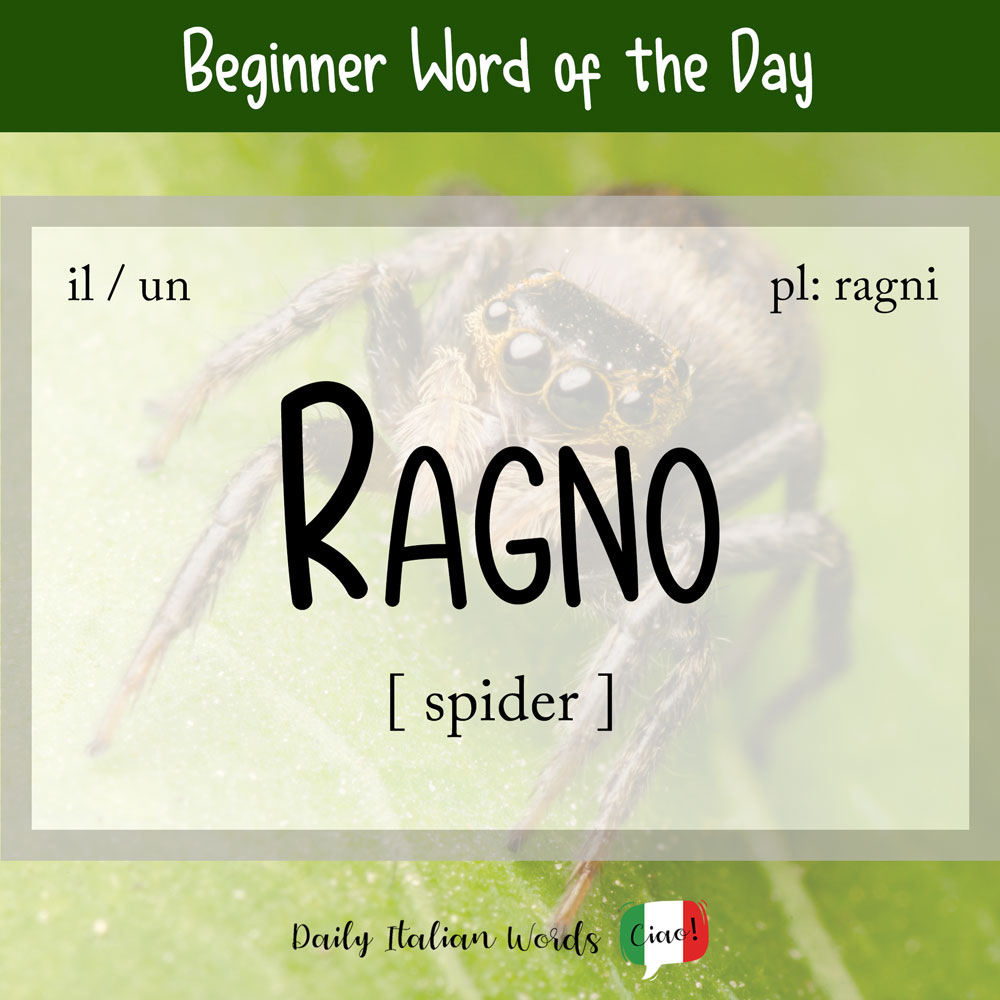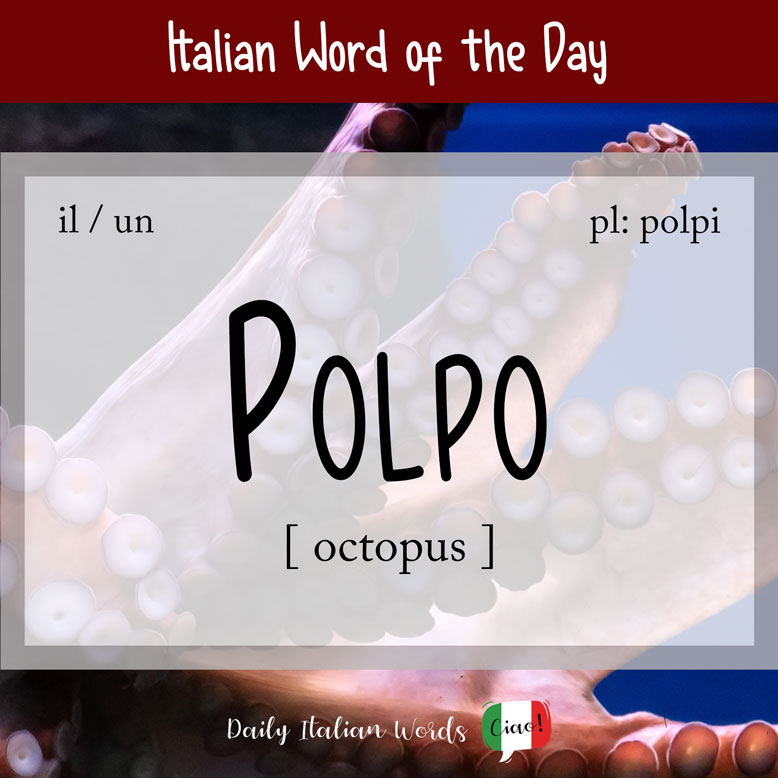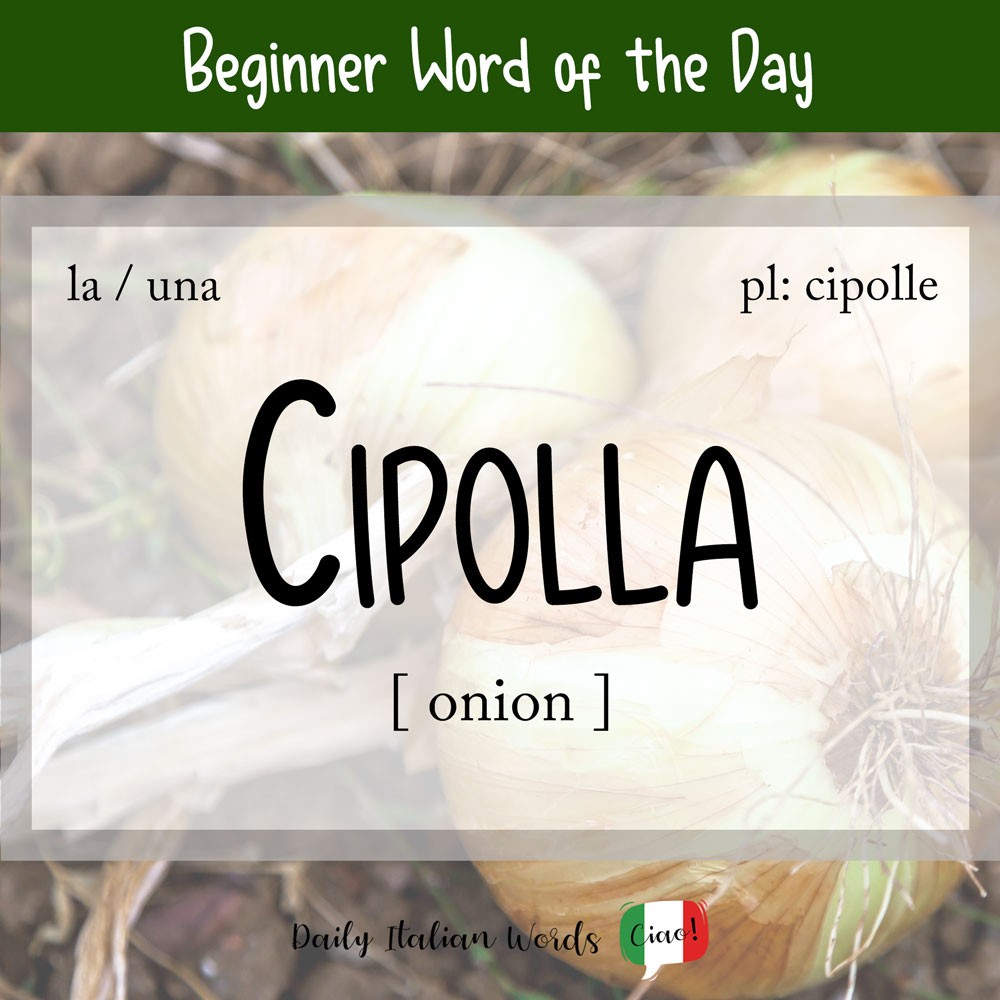Italian Word of the Day: Uomo (man)
We’ve already looked at the word for woman (donna), so now it’s time to look at the other half of the human equation! The word for man in Italian is uomo (masculine, plural: uomini). Similar to English, the word uomo can be used to refer to an adult human male or more generally, the human …






